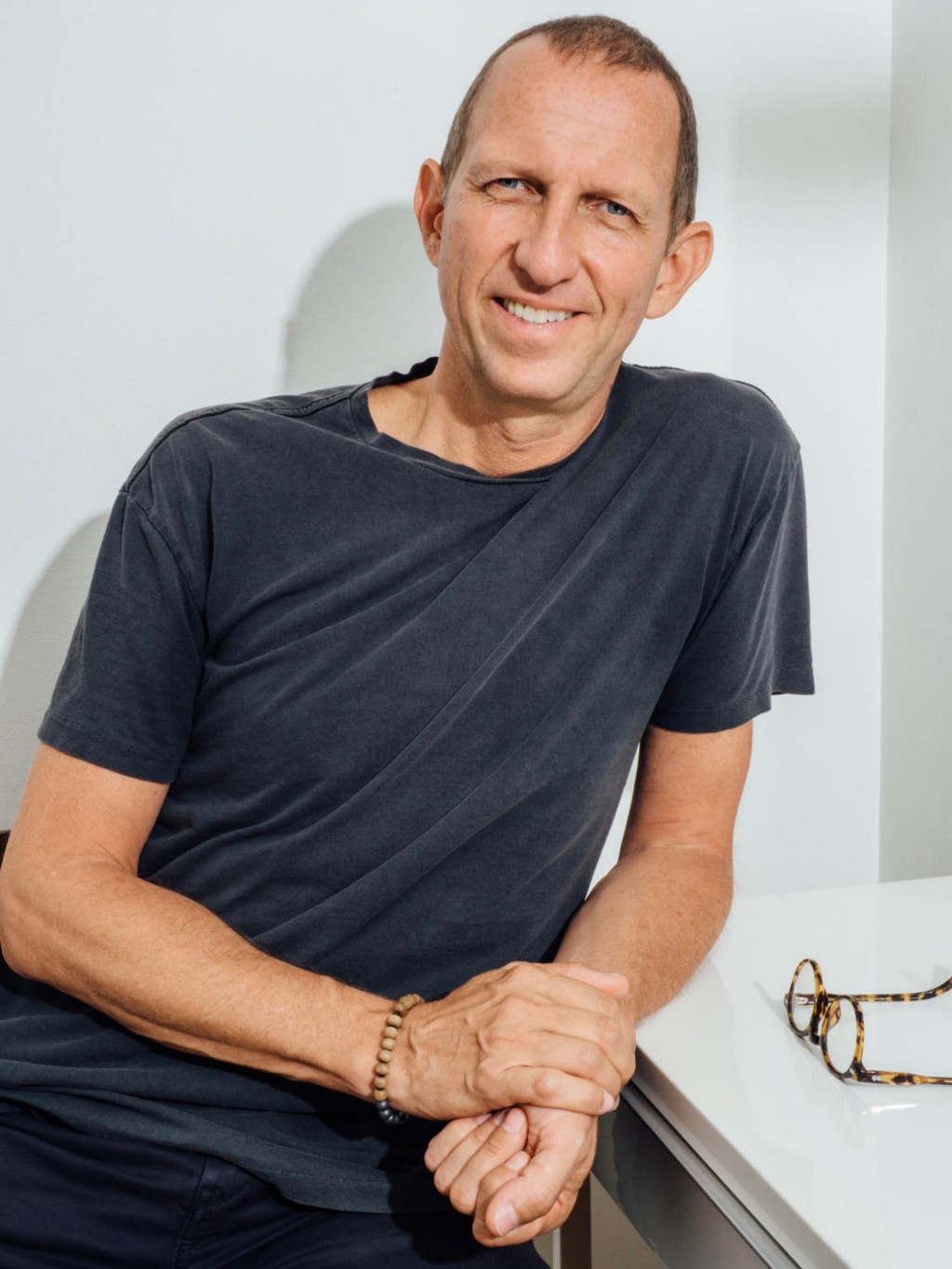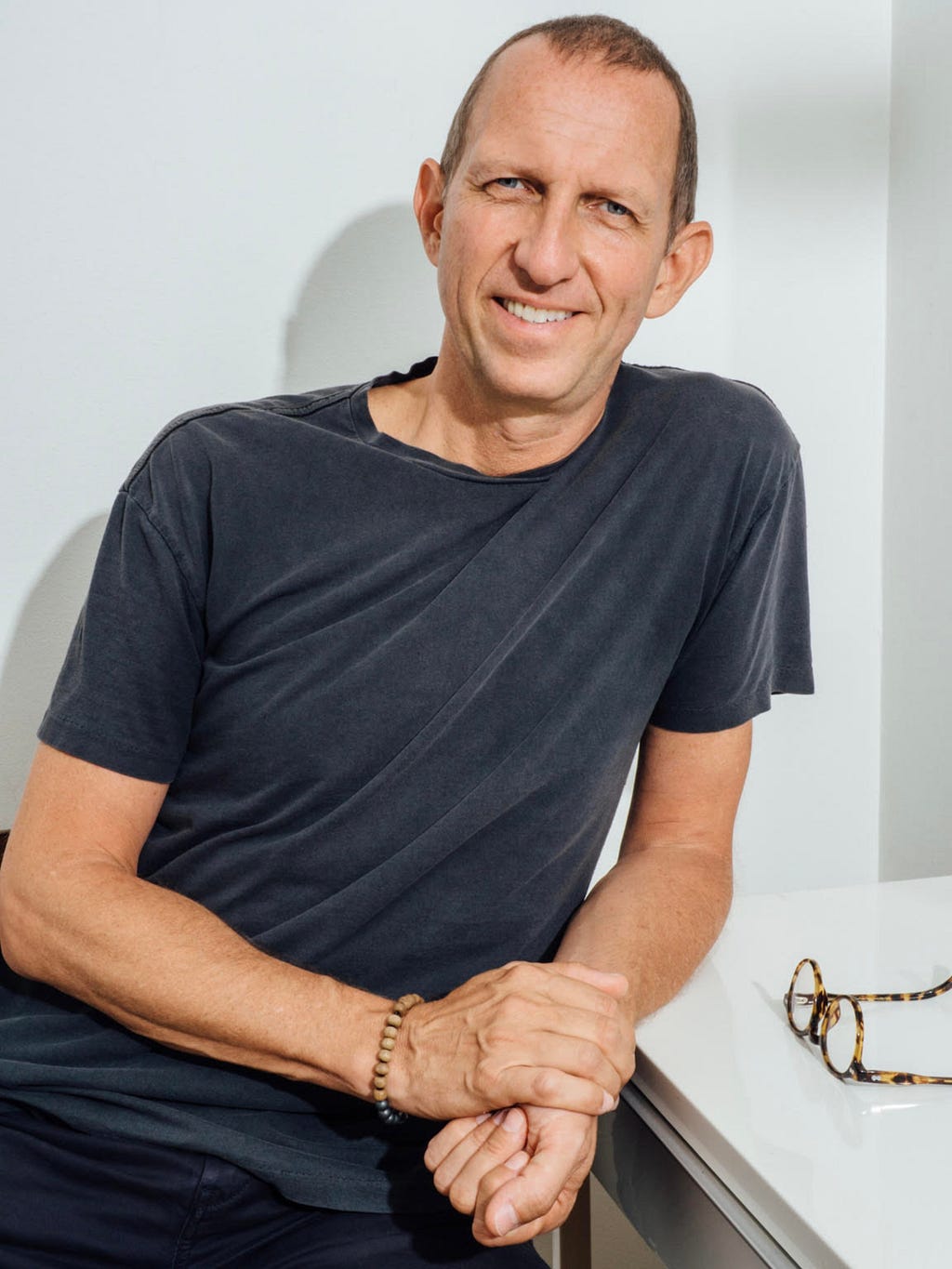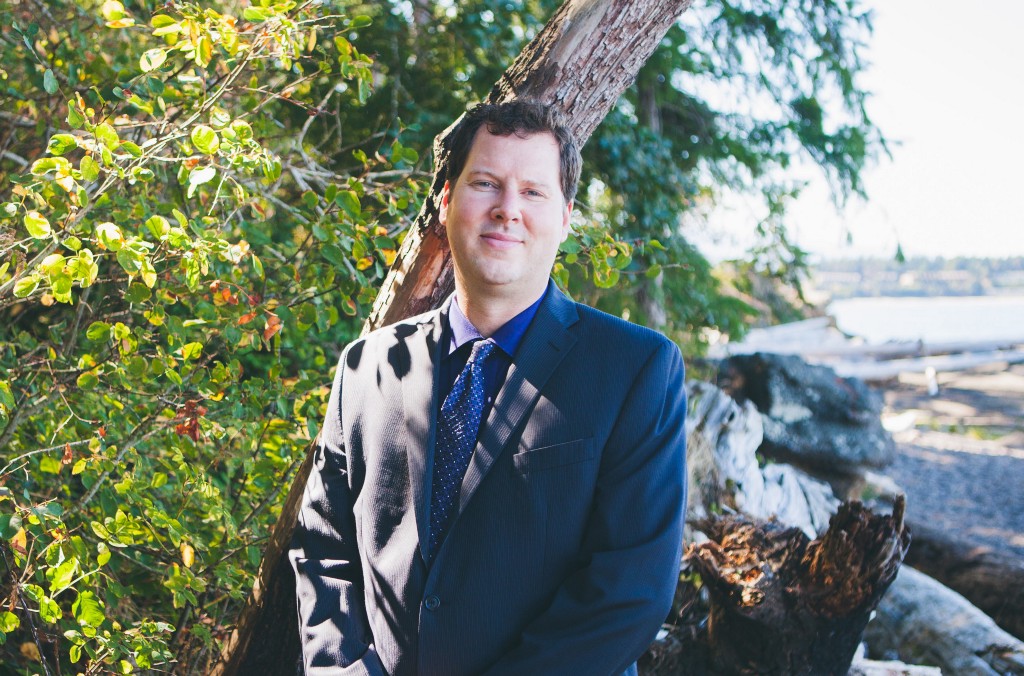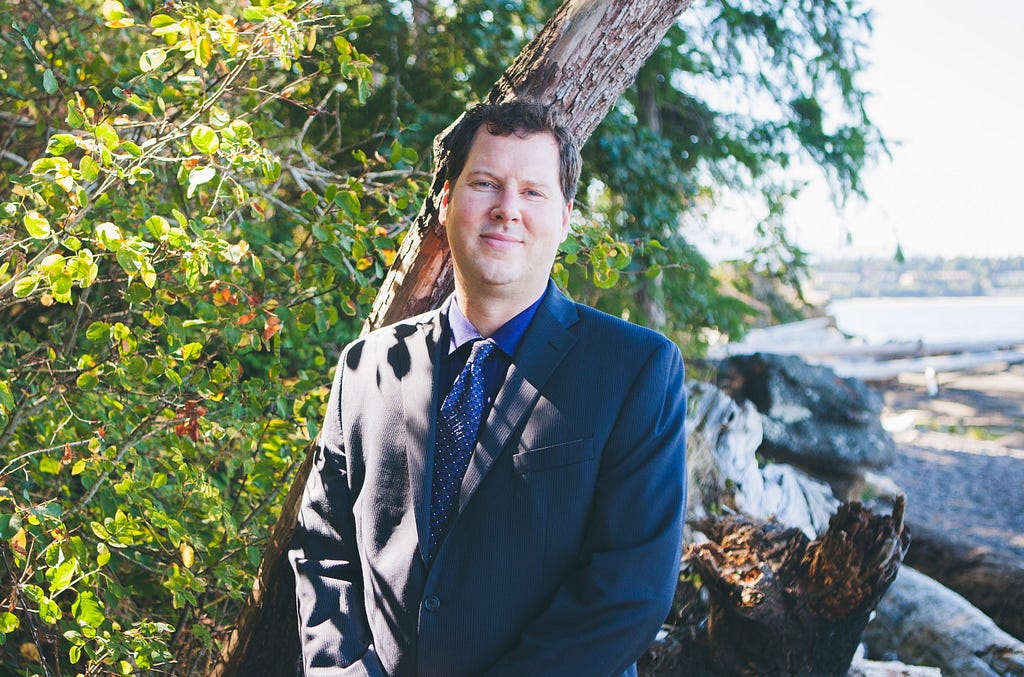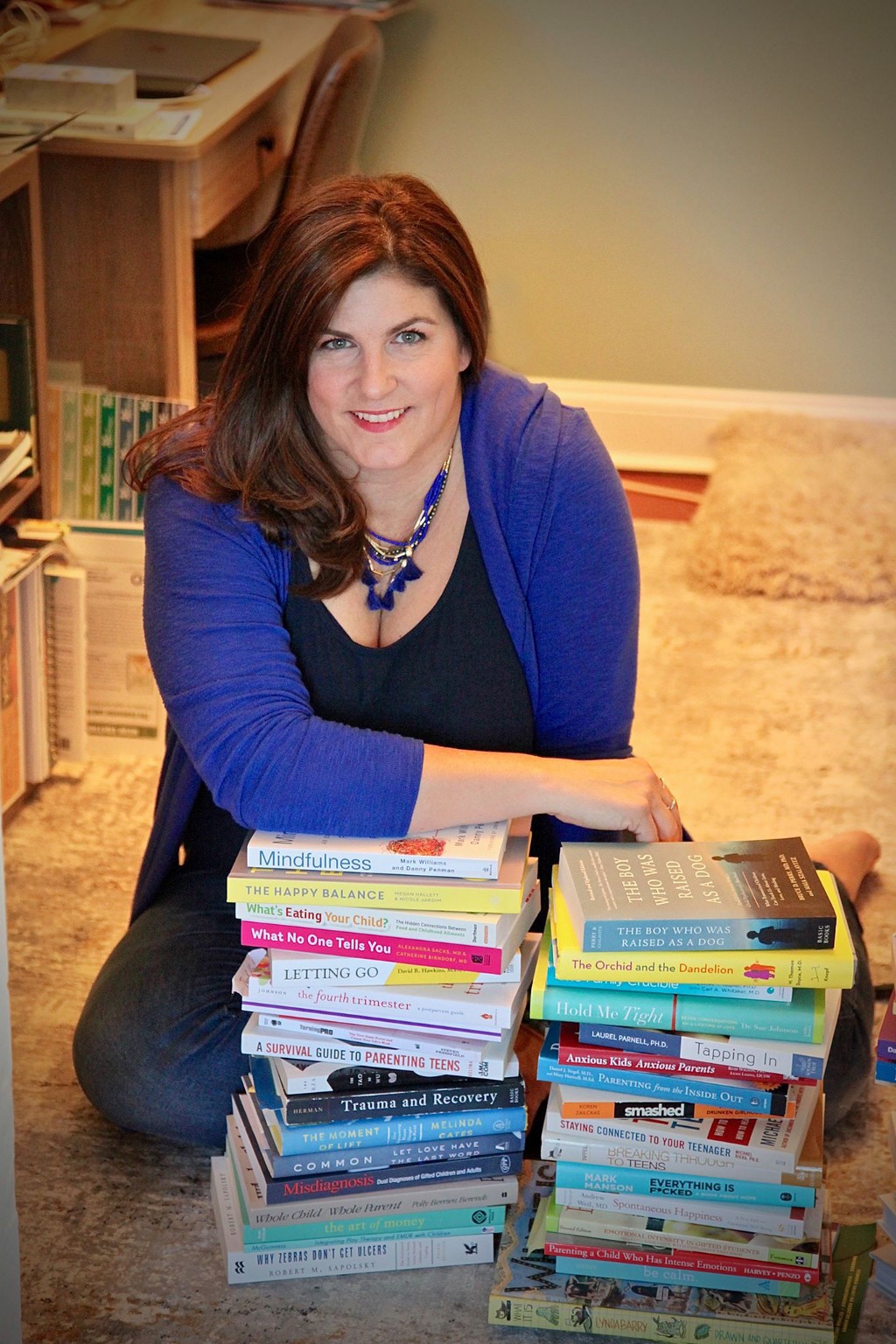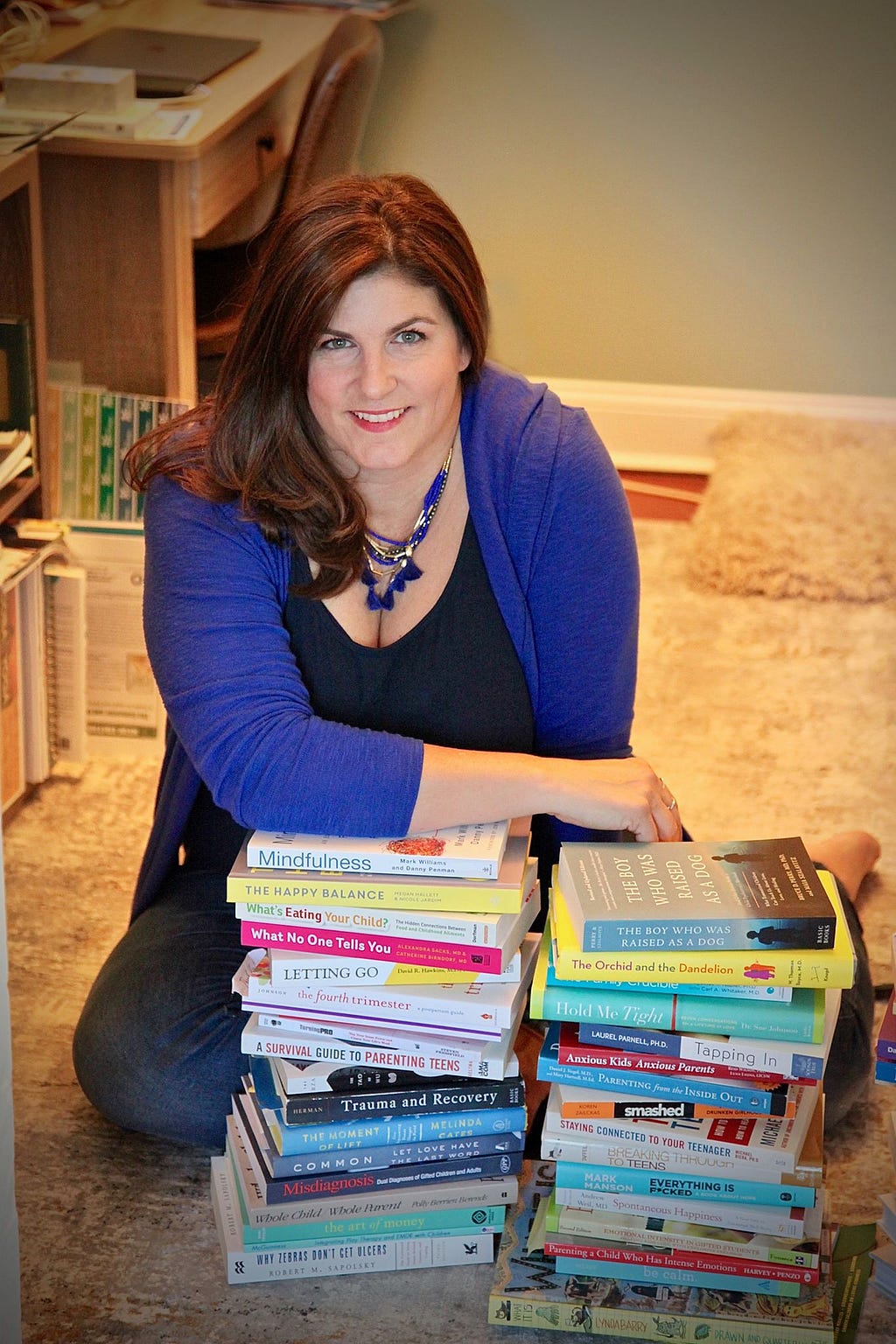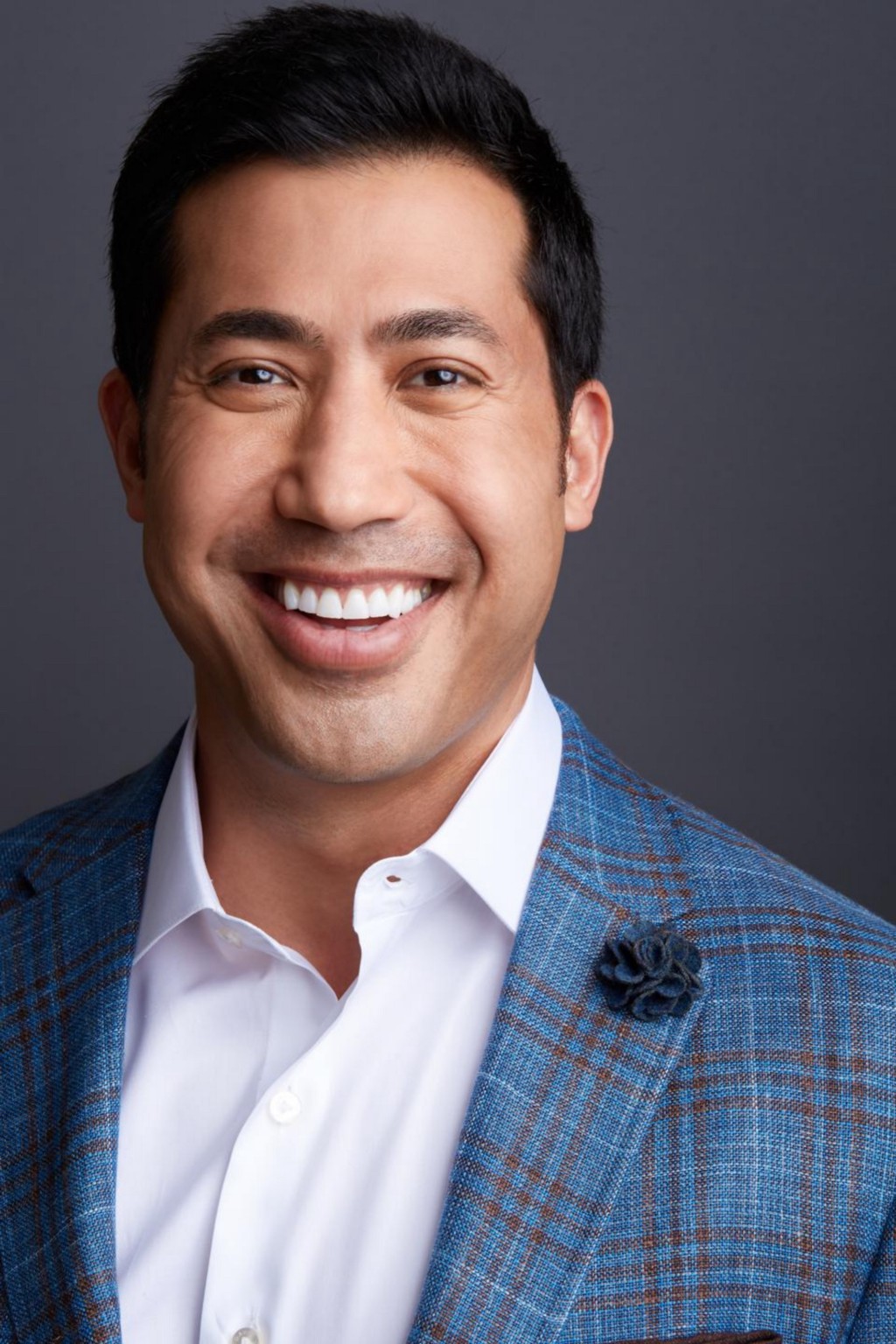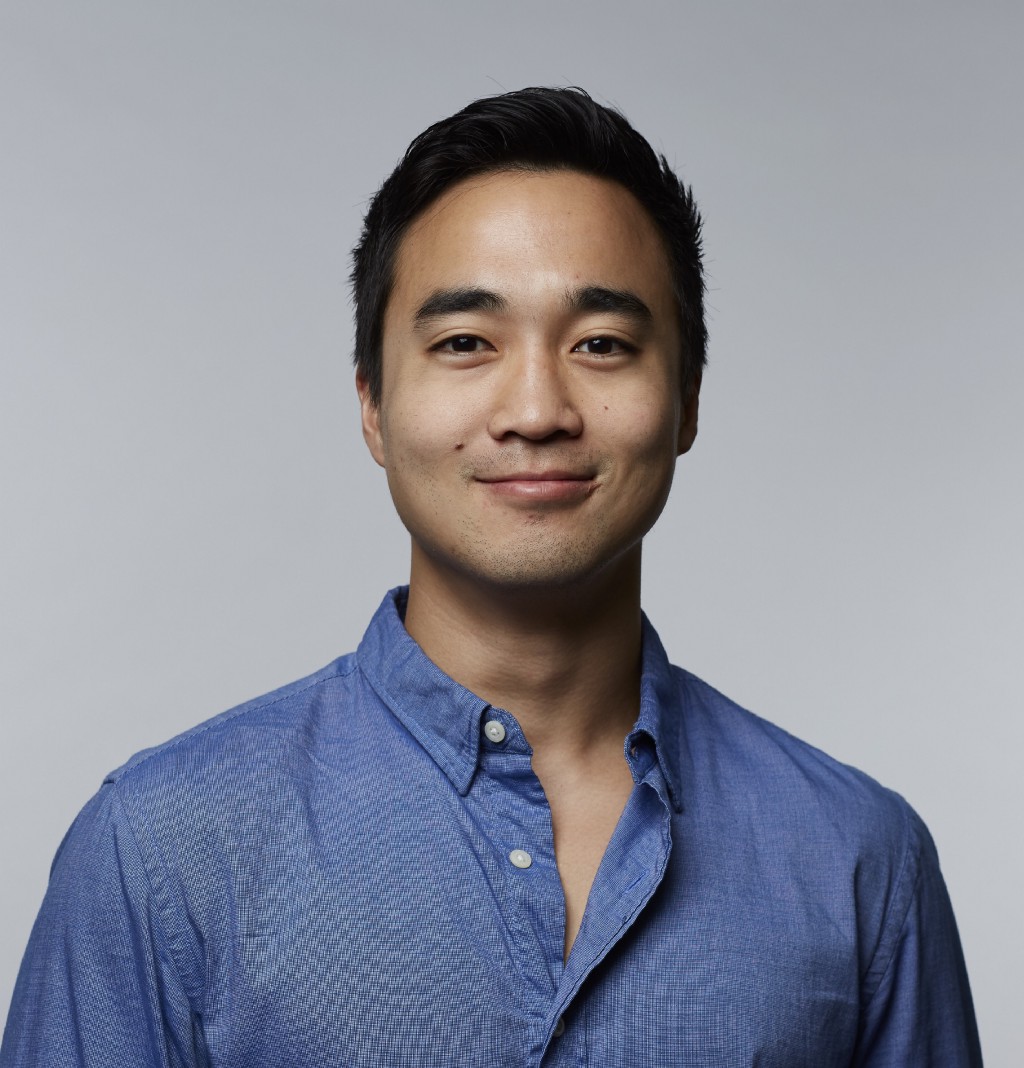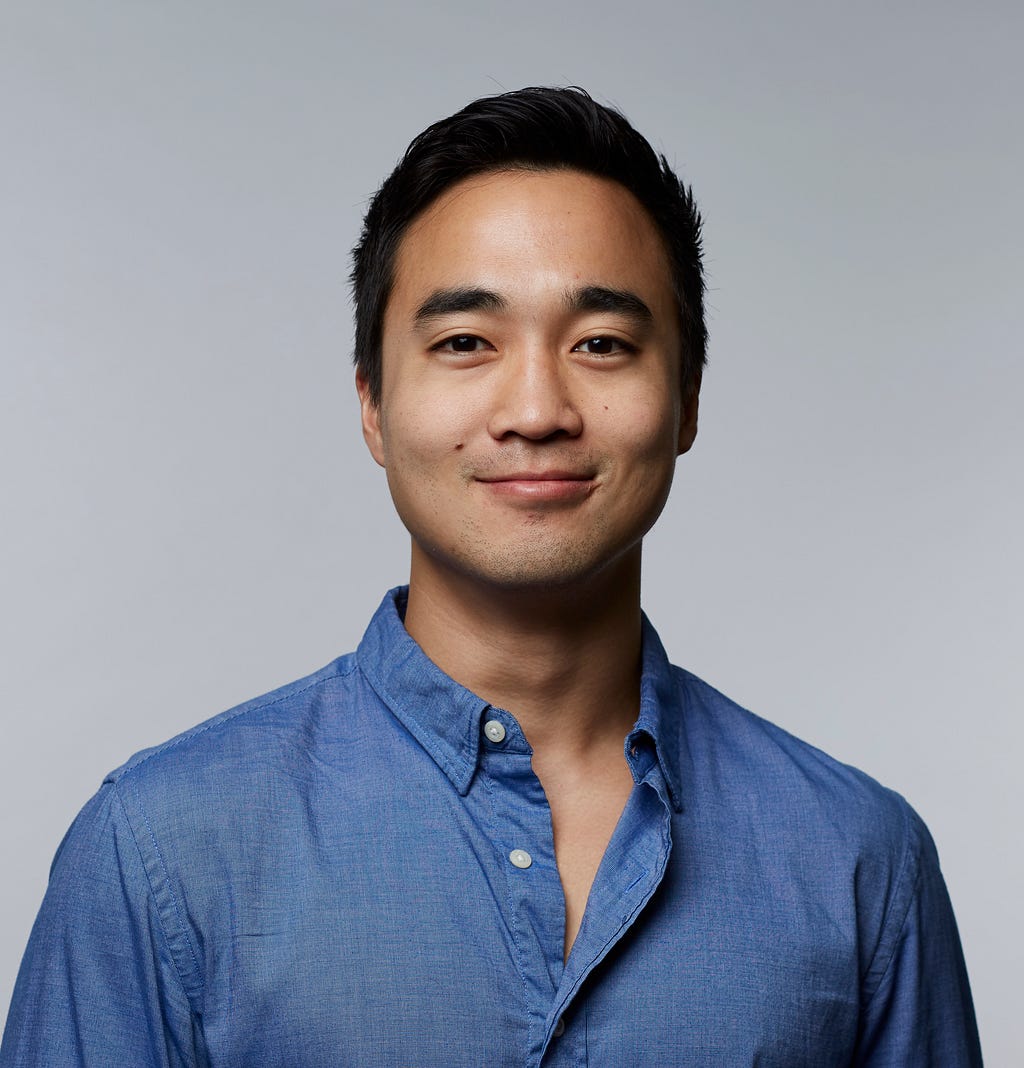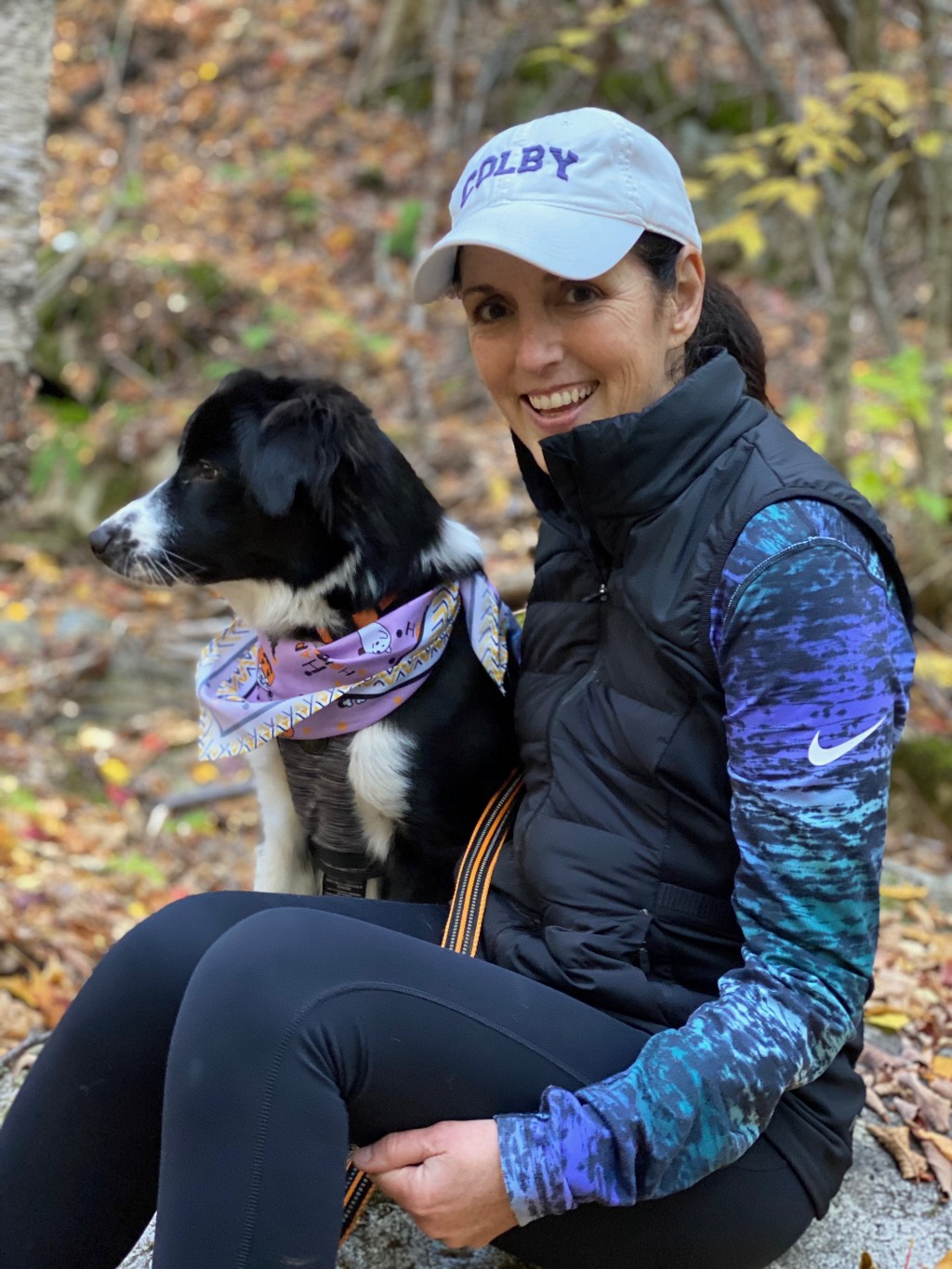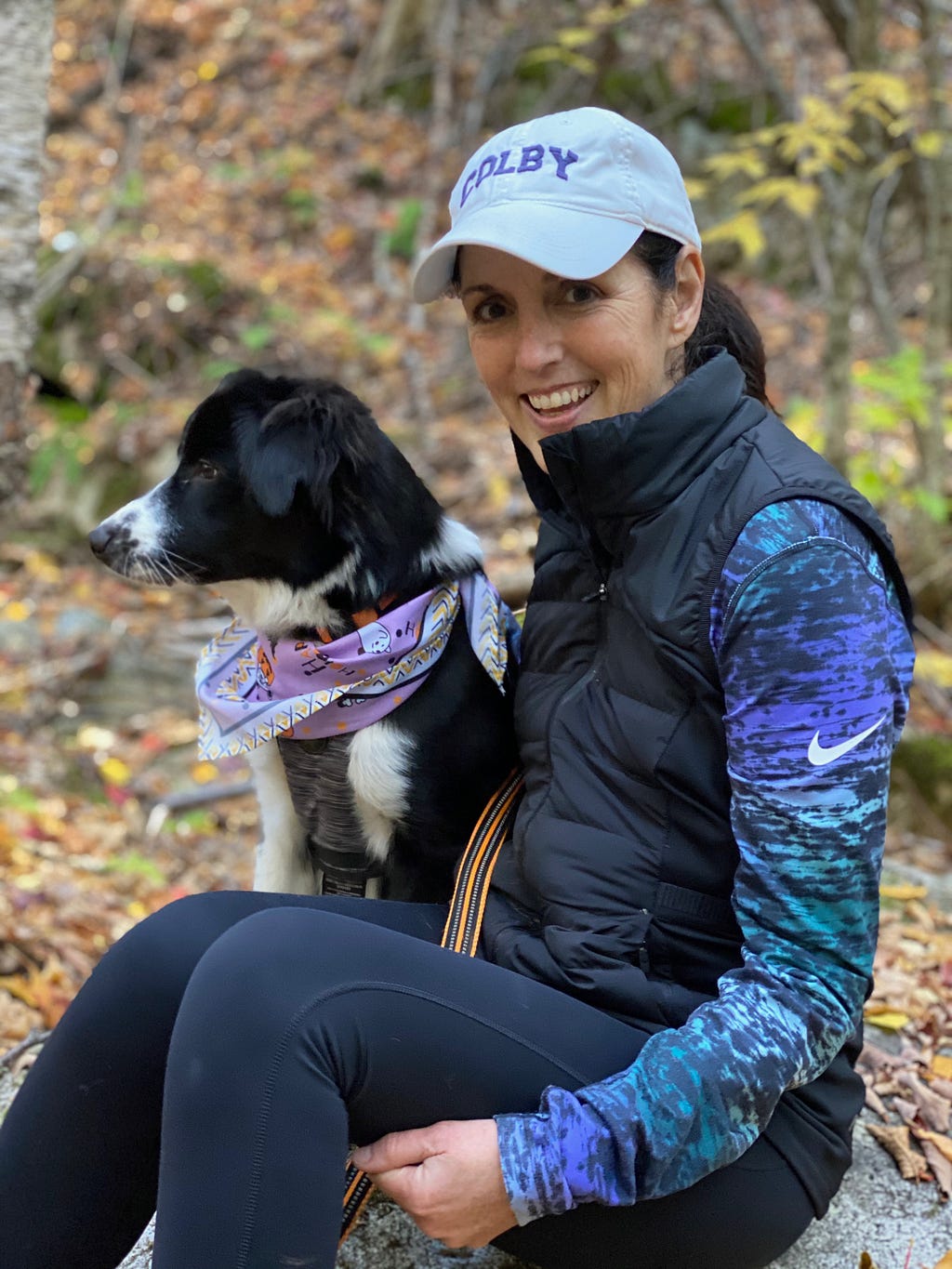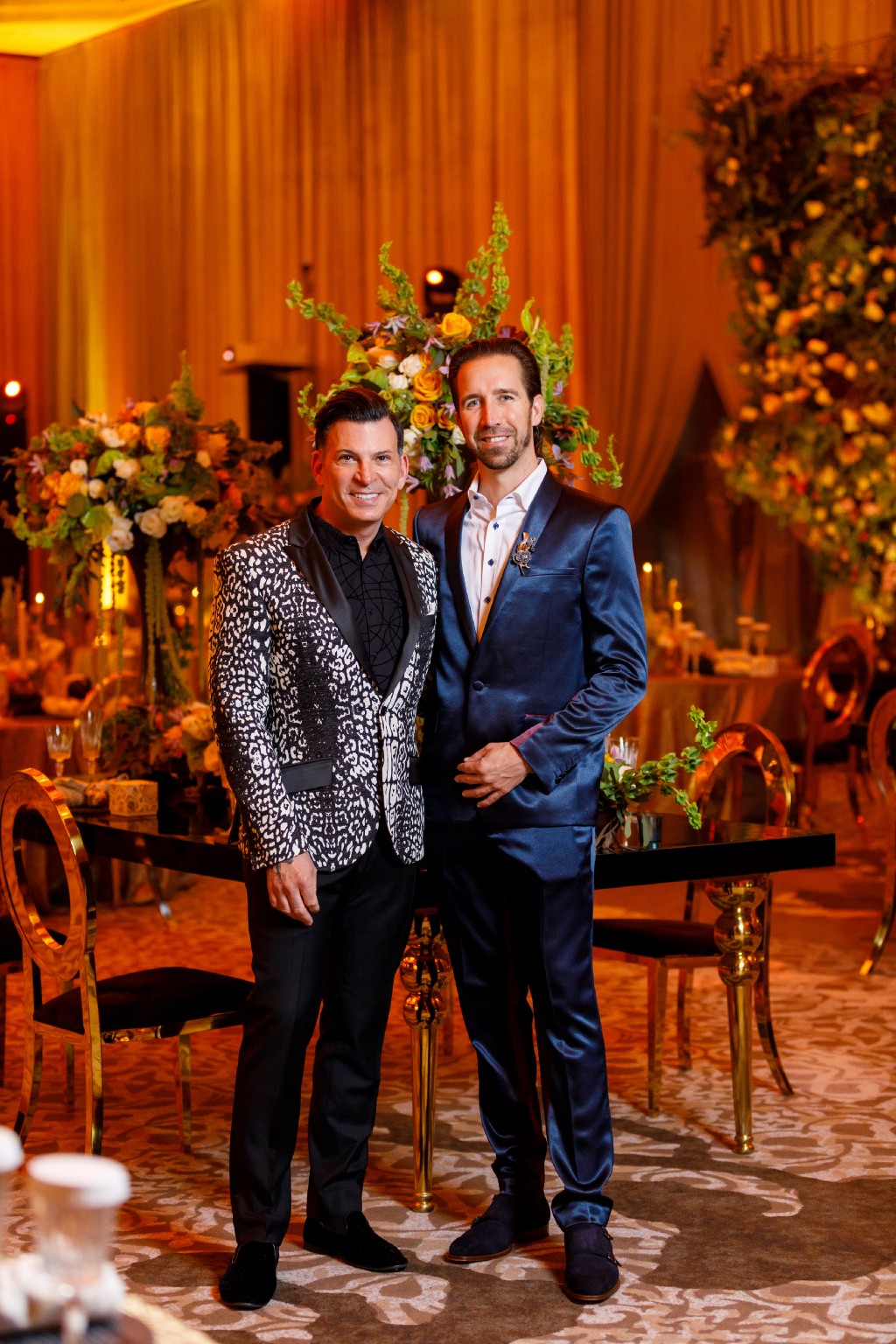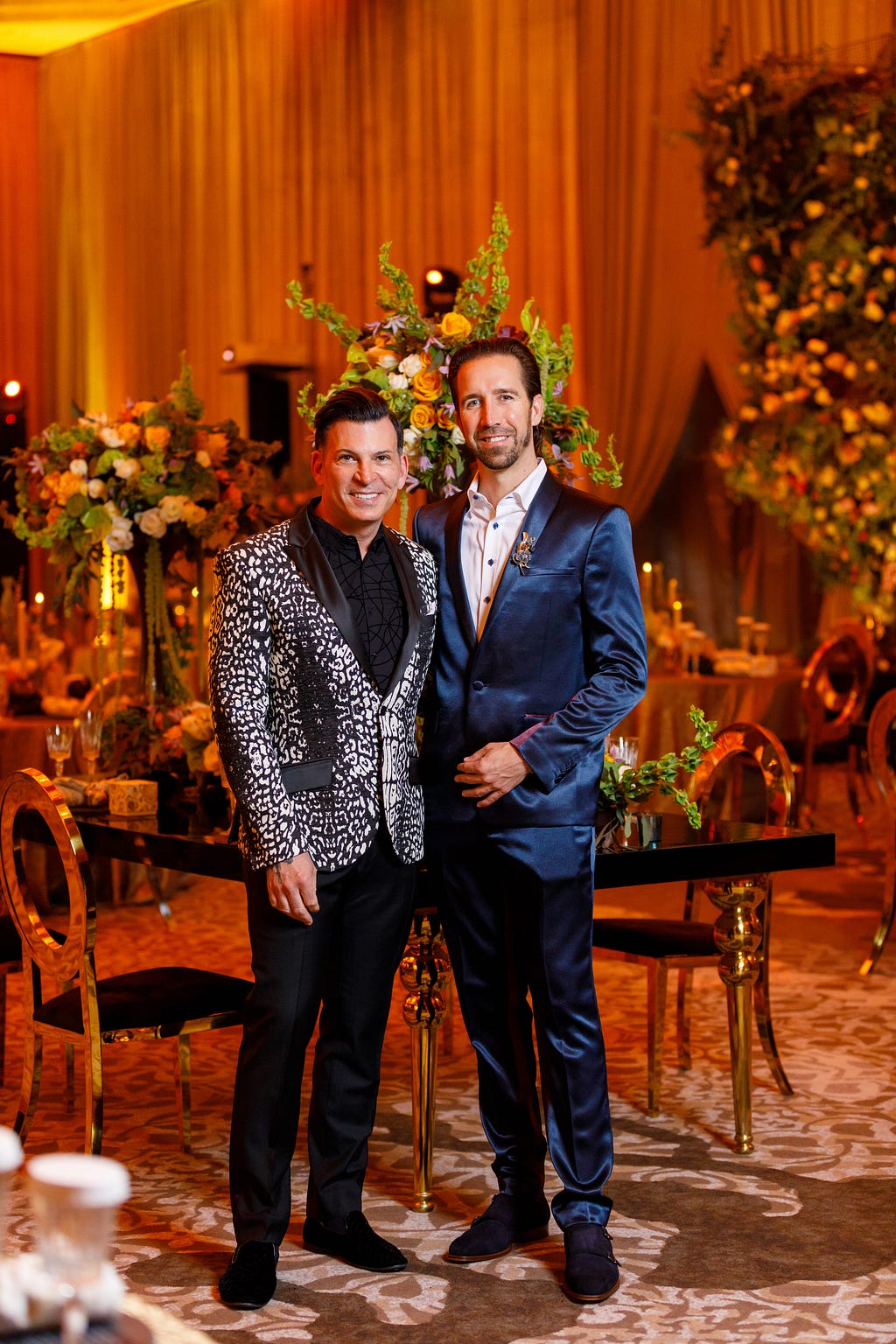An Interview With Candice Georgiadis

Learn to say no. Paulo Coelho said, “When you say yes to others, make sure you are not saying no to yourself.” Generosity is a valuable way to improve our happiness, but when we over-give we not only harm ourselves, but we also reduce the quality of what we have to give. Being willing and able to say no creates an important boundary around our precious time and energy. People will respect you more for it and your self-respect will improve too.
As a part of my series about “5 Lifestyle Tweaks That Will Dramatically Improve One’s Wellbeing”, I had the pleasure of interviewing Felicity Pryke.
Felicity Pryke, 43, is the Yoga & Happiness teacher, on a mission to empower people to take ownership of their happiness, having learnt from her own experience of falling off the hedonic treadmill that happiness is far deeper than just pleasure. Her personal journey of deconstructing and reconstructing her life through yoga and the study of the science of happiness opened her eyes to the complexity of human emotions and where happiness fits in. Based in Lancashire, UK and teaching online, Felicity loves working with others who have become disillusioned with life, and she is passionate about leading the way to create more healthy, happy, well-beings. Felicity can be found at http://www.findingfelicity.co.uk
Thank you so much for doing this with us! Our readers would love to “get to know you” a bit better. Can you share with us the story about how you first got involved in fitness and wellness?
I was first drawn to yoga in the late 90’s as part of the celebrity fad led by Madonna and Geri Halliwell. We all start from somewhere, don’t we? Whether it was videos at home, gyms, community halls or untutored self-practice, I was always drawn back to yoga. Life brought me to Lancashire, UK, and an introduction in 2008 to Debbie Farrar who has guided me through a profound journey of the deeper, philosophical side of yoga and eventually onto my teacher training.
Can you share the most interesting story that happened to you since you started your career?
Dare I mention the pandemic? I only qualified in January 2020 and I’ll be honest, I was struggling to find a decent place to hire for a yoga class. Adding on advertising, leafleting, then turning up to no students and trudging home knowing I’d have to pay the hall hire regardless — it was quite demoralising. For me Covid-19 was liberating. I was one of the first of my peers to attempt teaching online and it has now become a really obvious way to teach yoga.
Can you share a story with us about the most humorous mistake you made when you were first starting? What lesson or take-away did you learn from that?
Well, if there’s one thing I still have to learn it’s to laugh at my mistakes! My biggest mistake has probably been to worry about repeating myself when connecting with potential clients. I forget that not everyone sees everything, and even if they do the average person needs to hear or see information 3–5 times before they start to absorb it. It is the same in my yoga classes — students actually appreciate the repetition and I forgot what it was like to be a student when I became a teacher.
Can you share with our readers a bit about why you are an authority in the fitness and wellness field? In your opinion, what is your unique contribution to the world of wellness?
I have had a fascination with my own name since a French waiter proclaimed “Ah, Felicity! Happiness!” when I was a child. I discovered a Science of Wellbeing course, run online by Professor Laurie Santos from Yale University. and leapt at the chance to learn about what makes us happy and how we can change our own state of happiness. As I deepened my yoga practice of 20 years and finally completed a comprehensive yoga teacher training, the pieces started to fall into place. A workshop with yoga teacher and osteopath Peter Blackaby was a lightbulb moment when he spoke about neuroplasticity in both our bodies and our brains. Hold on? Didn’t Professor Santos talk about that in the Science of Wellbeing course?
The links between the science of yoga and the science of happiness then seemed to multiply. Self enquiry. Meditation. Neuroplasticity. How both are a constant process. How neither are easily definable, even by experts! I could see how the ancient teachings of yoga can inform our quest for modern day happiness, and so Yoga & Happiness was born. A combination of sensible, mindful yoga movement, breathing practices, meditation, and conversation about all aspects of happiness and wellbeing. Yoga & Happiness brings everything together to bring students into their present moment, where self-care comes first to help us contribute to creating a better world around us. I created something that — to my knowledge — is unique and became the Yoga & Happiness teacher.
None of us are able to achieve success without some help along the way. Is there a particular person who you are grateful towards who helped get you to where you are? Can you share a story about that?
Meeting my yoga teacher Debbie Farrar changed my life without a doubt. Her depth of knowledge in anatomy, psychology and philosophy is remarkable. She has taught me that yoga asana is not about making extravagant shapes but about our internal dialogue with our body. Funnily enough we bonded when we first met as we were both planning our weddings. We became firm friends — indeed the friendship has outlasted both marriages!
Ok thank you for all that. Now let’s move to the main focus of our interview. We all know that it’s important to eat more vegetables, eat less sugar, exercise more, and get better sleep etc. But while we know it intellectually, it’s often difficult to put it into practice and make it a part of our daily habits. In your opinion what are the 3 main blockages that prevent us from taking the information that we all know, and integrating it into our lives?
Ah, the resistance is strong! We do like to get in our own way, don’t we? Firstly, we often focus on the losses rather than the gains. When we diet, we talk about what we’re giving up rather than focusing on the delicious, nutritious food we are rewarding our bodies with. Secondly, we set ourselves high standards and when we’re not achieving them quickly, we lose heart. It’s so easy to let a bad day turn into a bad week — don’t let yourself think on a Wednesday that you might as well start again on Monday! Alongside that we don’t appreciate the benefits of starting small. Finally, I think ultimately if you really want it, you will do it. I know so many people who have been overweight all their lives and it’s taken a diabetes scare to inspire them to make the changes they need. Some people give up smoking 20 times before they finally do give up. Our motivation has to be right — it can’t just be about looking good for holiday or making lots of money as those motivations have no longevity.
Can you please share your “5 Non-Intuitive Lifestyle Tweaks That Will Dramatically Improve One’s Wellbeing”? (Please share a story or an example for each, and feel free to share ideas for mental, emotional and physical health.)
- Value your time. Research shows that people who value their time are happier, have better social connections and have higher job satisfaction. Be aware of how you use your time, where you waste time (rest is not a waste of time!) and what tasks take you longer than they should, especially the tasks you hate. Is there anything you can delegate or pay for someone else to do? When I realised I could pay a cleaner for 2 hours instead of toiling myself for 4 hours, it became a no-brainer!
- Learn to say no. Paulo Coelho said, “When you say yes to others, make sure you are not saying no to yourself.” Generosity is a valuable way to improve our happiness, but when we over-give we not only harm ourselves, but we also reduce the quality of what we have to give. Being willing and able to say no creates an important boundary around our precious time and energy. People will respect you more for it and your self-respect will improve too.
- Have values and a purpose. It honestly changes everything when you feel there is a reason behind the things you do. Apply it to everything; cooking dinner becomes helping create a healthy, happy family. Even the most boring job is transformed when you do it with purpose.
- Savour whenever you can. Anything that can bring you into your present moment really helps if you have an anxious mind that likes to jump into the future or the past. There are always things that can be savoured, from the first cup or tea or coffee in the morning to the feeling of a freshly made bed just before you go to sleep.
- Gratitude. An oldie but a goodie. The gratitude diary is a good place to start but also look at expressing your gratitude to others. Say thank you and really mean it. Write a thank you letter. Leave a review for your favourite restaurant or hotel. It creates a happiness boost for both you and the recipient!
Some of these might seem big changes but actually they are just mindset tweaks. That doesn’t mean they won’t take time to embed but so does every new habit!
As an expert, this might be obvious to you, but I think it would be instructive to articulate this for the public. Aside from weight loss, what are 3 benefits of daily exercise? Can you explain?
As a yoga teacher I am really focused on my students connecting with their bodies. Being aware of how your body feels as you move it is essential to building new, more nourishing ways of moving. I am also a strong believer that if we don’t use the movement of our bodies then we lose it. Finally, exercise is also a great mood-booster for lots of reasons, from making us feel less anxious about our health to increasing our confidence and sense of accomplishment.
For someone who is looking to add exercise to their daily routine, which 3 exercises would you recommend that are absolutely critical?
- If you are currently quite sedentary, especially if you spend a lot of time sat at a desk I would start with your neck. Really slow, gentle movements side to side, ear to shoulder and bring the chin up and down. Go careful with the last one, don’t allow the head to drop back but think more about lifting the chin towards the sky. Don’t push into anything that feels painful, work within a comfortable range of movement.
- Squats. As my yoga teacher says, if you have knees you need to squat. It doesn’t need to be a low squat and I wouldn’t be going as far as taking my heels off the floor. Keep the spine aligned with your pelvis — as you bend your knees your pelvis will pivot so allow the chest to come forward so you don’t put pressure on your lower back. Imagine your spine is a tree, your pelvis is a pot and you’re tilting the pot!
- Twists. Again, these are great for mobility, especially if you spend a lot of time stuck in one place. Lie on your side on the floor with your knees bent, then allow the top shoulder to twist towards the floor. As with all my yoga, be gentle and work within a range that feels good for you.
Is there a particular book that made a significant impact on you? Can you share a story?
The Book of Joy by Dalai Lama and Desmond Tutu. It was a gift from a colleague, and I think it sat on the shelf unread for a couple of years. When I did finally read it, I loved every single page. These are two deeply spiritual men but they also speak quite matter-of-factly about various aspects of happiness, drawing on the difficult situations they have both faced along with some interesting science.
You are a person of enormous influence. If you could start a movement that would bring the most amount of good to the most amount of people, what would that be? You never know what your idea can trigger. 🙂
That human beings need human beings. We are so much more than the sum of our parts. Really valuing other people and the way they contribute to our world. And knowing how much we contribute to other peoples’ worlds too, knowing that we can ALL contribute to changing the world for the better. I have always held the concepts equanimity and fairness very close to my heart — they are the values that I live by.
Can you please give us your favorite “Life Lesson Quote”? Do you have a story about how that was relevant in your life?
I finish all my Yoga & Happiness classes with a quote so I’m full of them! I love psychologist Dan Gilbert, his TED talks on how the things we want aren’t the things that make us happy are brilliant. Dan Gilbert says, “Human beings are works in progress that mistakenly think they are finished.” And I think that very much sums up my philosophy on both yoga and happiness. You never stop and say, “that’s a box ticked, I don’t need to work on it anymore”. It’s always a work in progress.
We are very blessed that some of the biggest names in Business, VC funding, Sports, and Entertainment read this column. Is there a person in the world, or in the US whom you would love to have a private breakfast or lunch with, and why? He or she might just see this if we tag them 🙂
Argh, so many! I’m not a particular film buff but there are some really inspirational female role models in cinema right now. Reese Witherspoon and Emma Watson are two that spring to mind. And Meghan Markle is so inspiring. Brunch with Reese, Emma and Meghan would be incredible.
What is the best way our readers can follow you online?
My website is http://www.findingfelicity.co.uk/. With regard to the socials I am most active on Facebook at https://www.facebook.com/FindingFelicityReflexologyYogaHappiness and I’m working on posting more on Instagram — https://www.instagram.com/findingfelicity7/. You can also find me on Linked In (https://www.linkedin.com/in/felicity-pryke/) and Twitter (https://twitter.com/F1ndingFelicity)
Thank you for these fantastic insights. We wish you only continued success in your great work!
Felicity Pryke of Finding Felicity: 5 Lifestyle Tweaks That Can Dramatically Improve Your Wellbeing was originally published in Authority Magazine on Medium, where people are continuing the conversation by highlighting and responding to this story.



